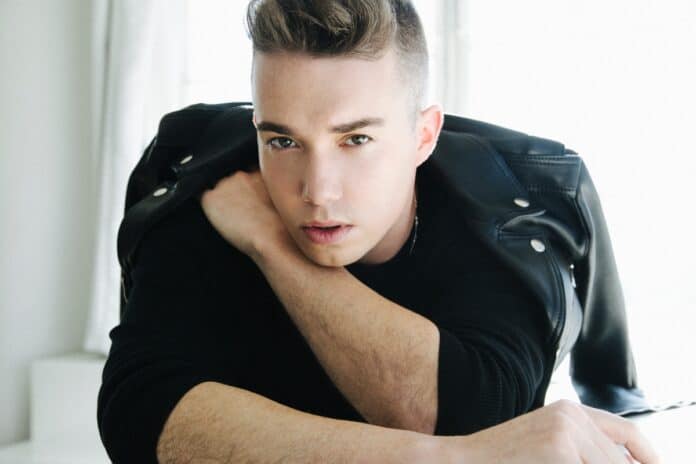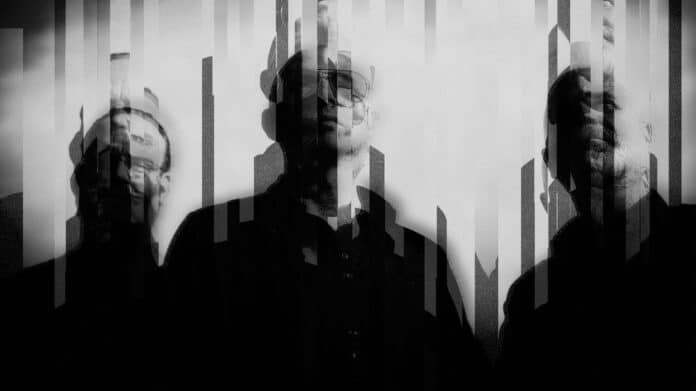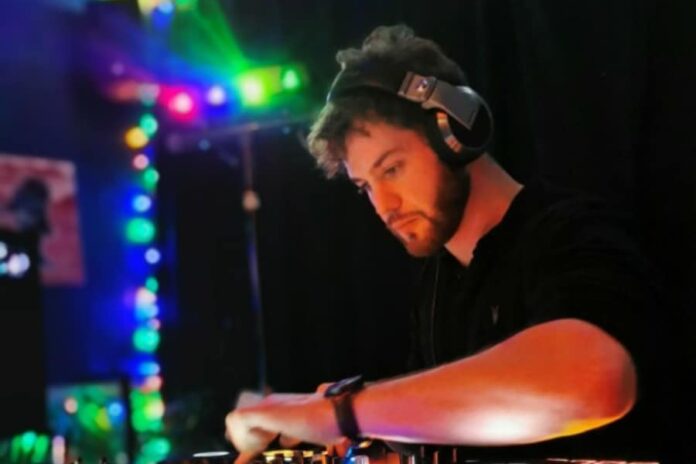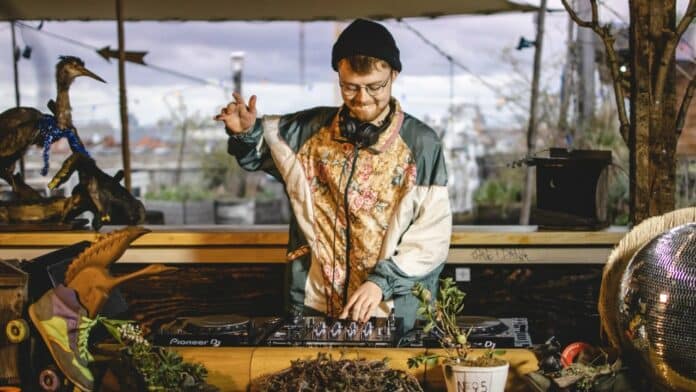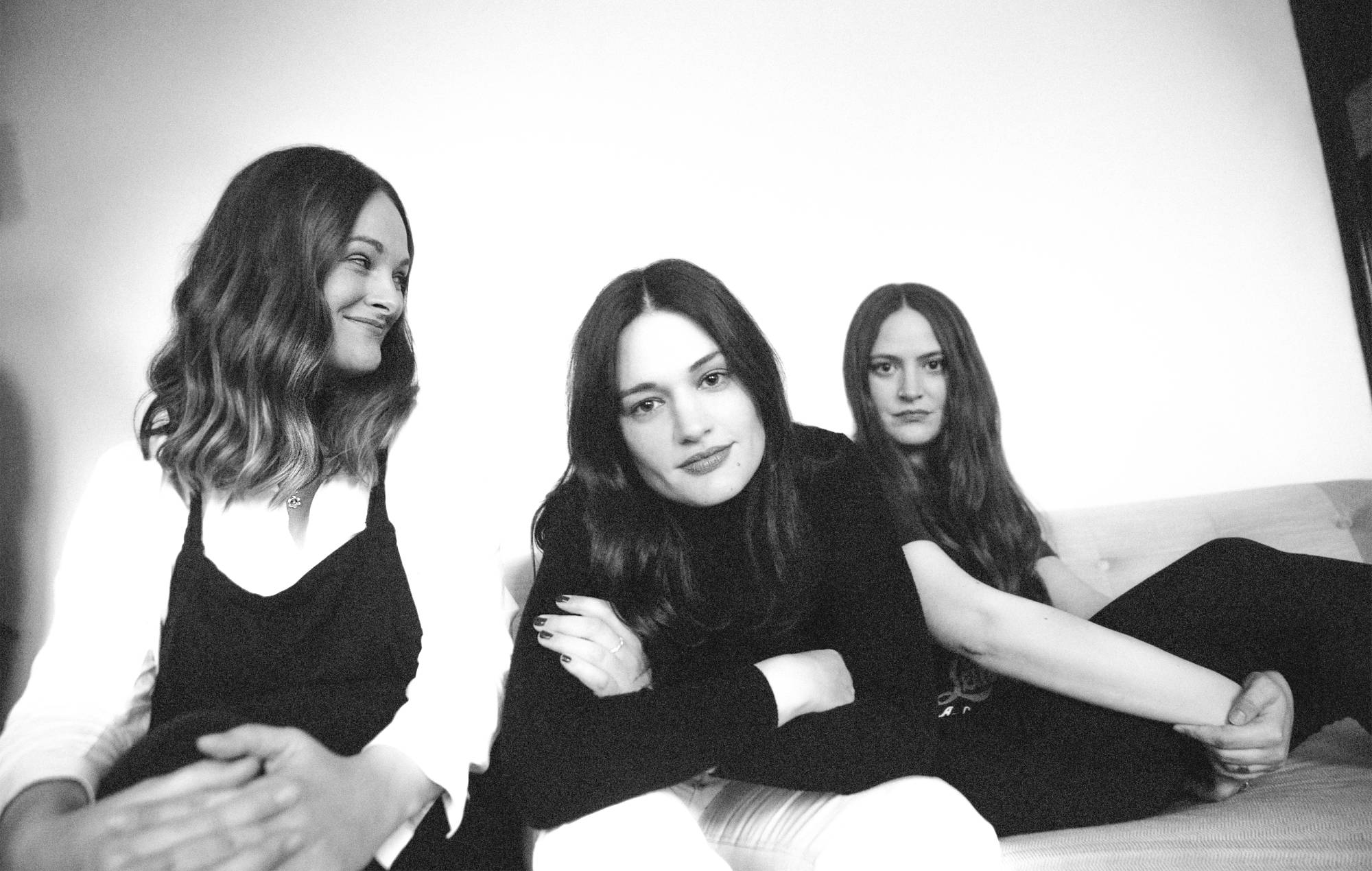
The Staves: “There isn’t time to fuck about. Just say how you feel and fucking go for it”
It’s been six long years since we had a new album from Hertfordshire trio The Staves, and while a lot of the world is still on pause, the Staveley-Taylor sisters – Jess, Milly and Emily – are finally coming out of hibernation. It was 2014’s ‘If I Was’ that saw the band skyrocket, with gentle acoustic folk songs and harmonies to die for that earned the respect and friendship of Justin Vernon aka Bon Iver, who was desperate to work with them.
READ MORE: The Staves – ‘Good Woman’ review: folk trio’s most confident statement yet
Celebrating the welcome return, NME talked to Jess and Milly about female energy, patchwork recordings and learning to be more confident as a woman in the music industry.
Hi guys! How is the third lockdown treating you?
Milly: “I don’t even know anymore. There’s been several times that we’ve planned shows and had to postpone or cancel altogether, and now we’re just not having any expectations for anything, hoping to not be disappointed. It’s been a weird time of feeling quite purposeless. Especially for us, having got the album done and coming out of hibernation and coming back to life – and then the world stopped!
Jess: “Like everyone, you have your job and it does define you quite a lot. When you can’t do it, it becomes like, ‘Who am I, then?’ A few years down the line I’ll be able to process what this time has done to me…:”
You’ve said that ‘Good Woman’ is about death, birth, homesickness and family. Although it was written before everything we’re living through now, how do you think the themes suit this homebound release?
Jess: “It’s strange; I think I’m already hearing different meanings in the songs. There’s a song called ‘Paralysed’, one called ‘Next Year, Next Time’…”
Milly: “And one called ‘Nothing’s Gonna Happen!’”
Jess: “Maybe we pre-empted it?”
Milly: “It’s all our all fault.”
Maybe you could help us get out of it! Was there every any doubt about the album’s title track, and the meaning of the name ‘Good Woman’ more generally?
Milly: “That particular song was one of the first we started demo-ing in 2017. As time went on, that particular brand of anger or questioning became a common thread across a lot of songs. When it came to naming the album, it seemed like this strongest statement of intent. Especially retrospectively having lost our mother and gained a niece. There’s a lot of female energy in our family.”
Jess: “There’s a song called ‘Trying’, and at one point we thought that would be the title as it’s linked to the idea of being a good woman and questioning that, and the feeling of just trying to be that. You might be failing, you might not be smashing it all the time, but trying is the essence of what we’re doing all the time – but then we felt like it was just too much of a downer for an album title!”
‘Good Woman’ feels like quite the change of pace, particularly on ‘Careful Kid’, on you which step it up a notch in terms of production. What were your influences sonically?
Jess: “Milly and I spent a lot of time apart while writing, as Mills was in America and I was in London. We’d send each other voice memos and demos from GarageBand, and Milly had sent me this clip of her voice run through a distortion amp into a microphone, so it sounded like an electric guitar riff to me. It stayed on the shelf for a while and was one of the last songs written for the album, but it felt really different, and like you said, it felt exciting.
“The technique we use is to put something down, a guitar part, piano part, or in this case that riff, and sing over it until you get something good, rather than sitting at home and writing a perfect song and bringing that to the studio. So in that case, we then wrote it in an afternoon – it came out perfectly formed.”
Milly: “When that happens you have to pay attention a little bit – there’s quite a lot of stuff that had to come out, I think, quite a lot of bile! A lot of songs ended up being a bit of a patchwork thing of voice memos or field recordings, like one from Jess of a playground near where she lives, with a bunch of kids playing around. We wanted to experiment a little bit, and use lots of different sonic spaces for texture, to make it feel alive.”
How did you find working with John Congleton in the studio, after collaborating with Justin Vernon previously [the latter produced ‘If I Was’?
Milly: “I sympathised with John in the beginning, because we’d done a lot of it already. It must be quite a difficult stage to come in as a producer, when you’re working with ideas people are attached to. But he came in with such energy, at a point where we’d lost perspective because we’d been sitting with these songs for ages. We’d gone into hibernation for about a year after we lost our mum, and didn’t really know who we were or what we were doing anymore. He was the right person at the right time to swoop in like a little whirlwind or energy. He’s so bold with his sonic decisions, not tentative in any way.”
Jess: “He gave us a lot of reassurance, too. We’d been self-producing everything up to that point, but we needed someone to come in and bring new energy. He’d warned us, saying he works really quickly, but that was exactly what we needed. It had been five years since our last record, so I think we probably need someone who will work really fucking quickly to get this done, so it was great.”
‘Nothing’s Gonna Happen’ reminds me a lot of your last album, which changed your careers massively. What do you wish you could tell yourself six years ago, when you were making that record?
Jess:” I think it’s a female thing, but perhaps specific to us as well, this weird lack of confidence even though there are people around you telling you you’re doing well. There’s still that feeling of being an imposter, and it’s quite a female thing to be apologetic for your presence, not wanting to take up too much space or take charge. So I’d probably tell myself to just be more confident and relax into things more. You’re completely justified in being where you are. The older you get, there just isn’t time to fuck about – just say how you feel and fucking go for it.”

